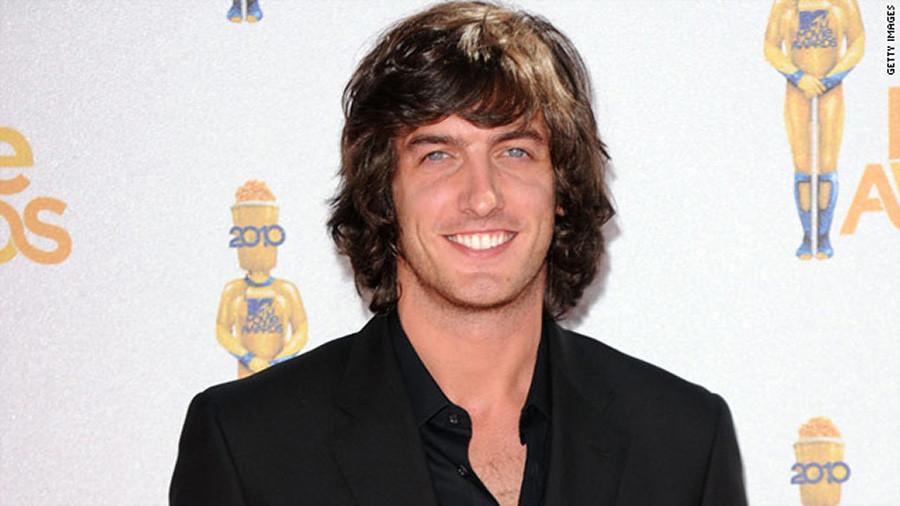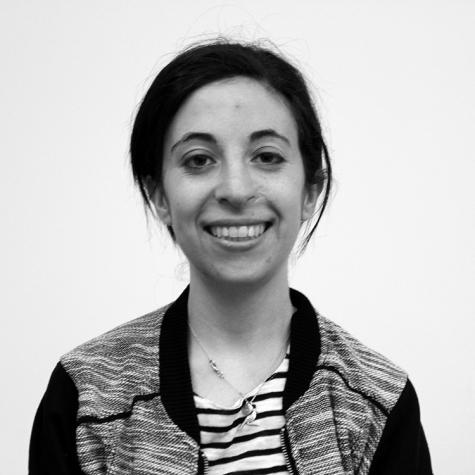Alumnus talks Tribeca, dropping out
HBO featured one of Jenks’ films while he was a sophomore at NYU.
April 22, 2015
After spending a year as a Tisch student, filmmaker Andrew Jenks decided to pursue his creative endeavors outside of college. Following leaving NYU, Jenks has achieved success by way of his show “World of Jenks,” founding the All-American High School Film Festival and creating two current Tribeca Film Festival films — “dream/killer” and “All-American Family.” During this year’s film festival, Jenks spoke with WSN to reflect on his time at NYU and Tribeca.
WSN: How do you think New York helped foster your creative development?
AJ: Well, I grew up actually an hour north, then lived in Belgium and Nepal, and then went to school briefly at NYU. I think I was just very fortunate to go to NYU for a year, and I was fortunate to get to know the city. One of the great benefits of going to school in the city is that you’re able to be a part of a culture where there’s a lot of artists — whether they’re filmmakers or comedians. I learned early on the value of the hustle and of diligence. I remember I was at Hayden [Residence Hall] and I would go every night to the Comedy Cellar and just try to get to know how the professionals would do it.
WSN: You’re a born-and-raised New Yorker, so what does the Tribeca Film Festival mean to you?
AJ: It’s awesome, it’s the best. I couldn’t be more lucky and grateful. When you’re a kid, you can only imagine a film of yours playing here. I had a film play at the festival when I was 21 or something, and then to have two films at Tribeca is even more special. I’ve been able to make two films that I’m really proud of, and then to be able to have friends and family all here is even greater.
WSN: You previously said film school wasn’t necessarily the right thing for you, but what valuable lessons did you take away from it?
AJ: I think NYU is an amazing school that really provides endless opportunities. I think that if you were to ask 10 different filmmakers how they got into film, they would all say very different things. I was trying to manage my depression and was very much lost in life, to say the least. So college, at that moment, wasn’t for me, but it’s certainly something that I did miss out on, in that I’m always to catch up on educating myself. In film and TV, every day I realize how stupid and uneducated I am, so I’m always trying to learn more.
WSN: What do you want the Tribeca audiences to take away from both of your films?
AJ: From a filmmaking standpoint, the value of an editor. We had this editor, Sam Lee, for “dream/killer,” who really made it and crafted it, and deserves so much credit, and then an amazing cinematographer who I’ve worked with for a while now, Mike Edmonds. It’s really that team around you that makes a world of a difference. In terms of “dream/killer,” I hope that people realize that the judicial system is corrupt, but also broken at its core. Prosecutors have absolute immunity and that needs to change. With “All-American Family,” I just hope that the next time a person sees a deaf person signing or the next time you see someone that is deaf, you are able to feel like you are not necessarily consumed by how they might be different.
A version of this article appeared in the Wednesday, April 22 print edition. Email Alexa Spieler at [email protected]om
























































































































































